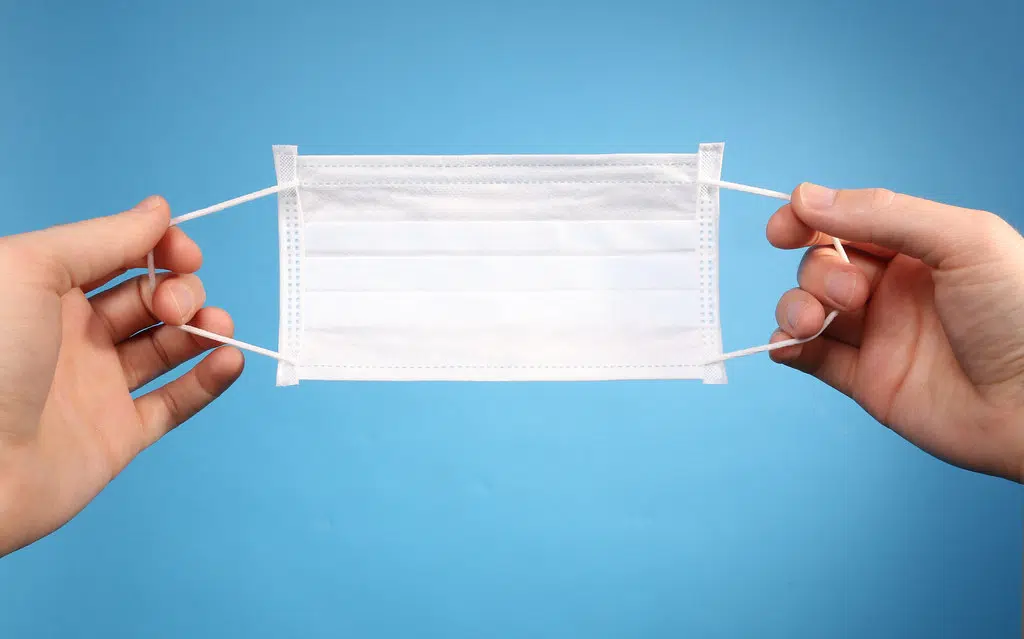Nova Scotia has announced it’s dropping all remaining COVID-19 measures.
They will be lifted beginning at 12:01 a.m. on Wednesday. However, most measures in high-risk settings will remain in place.
Chief Medical Officer of Health Dr. Robert Strang says now is the right time.
“Although we expect to see smaller waves of COVID-19 variants over the summer, our high vaccine coverage and low risk of severe disease from Omicron variants make it manageable as we learn to live with COVID-19. That’s why we are removing the remaining COVID-19 restrictions for the general public,” Strang says in a news release. “The pandemic is not over. But Nova Scotians have the tools and resources to make the right decisions to keep each other safe.”
In terms of isolation, it will no longer be mandatory for Nova Scotians if they test positive. However, it will be “strongly recommended,” especially when people have symptoms such as a cough, sore throat, or fever.
“It is still important for people with symptoms to avoid high-risk settings and people at higher risk,” the news release says.
Mask wearing will shift from strongly recommended to optional. If you have COVID-19 symptoms but cannot isolate, it’s encouraged you wear a well-fitted mask in indoor public places, on public transit, and in crowded areas
People with symptoms will still have access to testing centres across Nova Scotia.
The province has also announced it will shift to a monthly COVID-19 report in July. The information will be posted online on the 15th of every month. The first report will be for June and will be available on July 15th.
The COVID-19 dashboard will continue to be updated weekly.
The full list of changes is below:
Isolation— isolation shifts from being mandatory to strongly recommended for people who test positive for COVID-19— it is also strongly recommended that people who have symptoms such as a cough, sore throat or fever isolate until feeling better— it is still important for people with symptoms to avoid high-risk settings and people at higher risk— if a workplace has occupational health policies that are stricter than the general public health recommendations, such as mandatory masking or isolation requirements, people must continue to follow those policies.Masks— will shift from strongly recommended to optional— masks are still strongly recommended for people who are ill or in a crowded indoor setting— for people who have COVID-19 symptoms but cannot isolate, it is strongly recommended they wear a well-fitted mask in indoor public places, on public transit and crowded areas— it is each person’s own decision whether to wear a mask, weighing their risk factors and comfort and those of people around them.Testing— people with symptoms will still have access to COVID-19 testing at testing centres across the province— people with symptoms who are in a low-risk category in their self-assessment will have access to rapid tests only and will not receive a PCR test whether or not they test positive on a rapid test— higher risk people and those who work or live in higher-risk congregate settings still have access to PCR testing, and it is still recommended— Nova Scotia will no longer offer testing for those without COVID-19 symptoms— rapid tests will continue to be available for pickup at public libraries and MLA offices, but people who are sick should not go.Long-Term Care, Corrections Facilities, Shelters and Transition Houses— to align with the policy at hospitals, designated caregivers and visitors will no longer need proof of vaccination to visit— designated caregivers and visitors will be able to remove their masks when visiting in a private area or while outdoors— seven-day isolation for residents who test positive for COVID-19 continues to be required.




